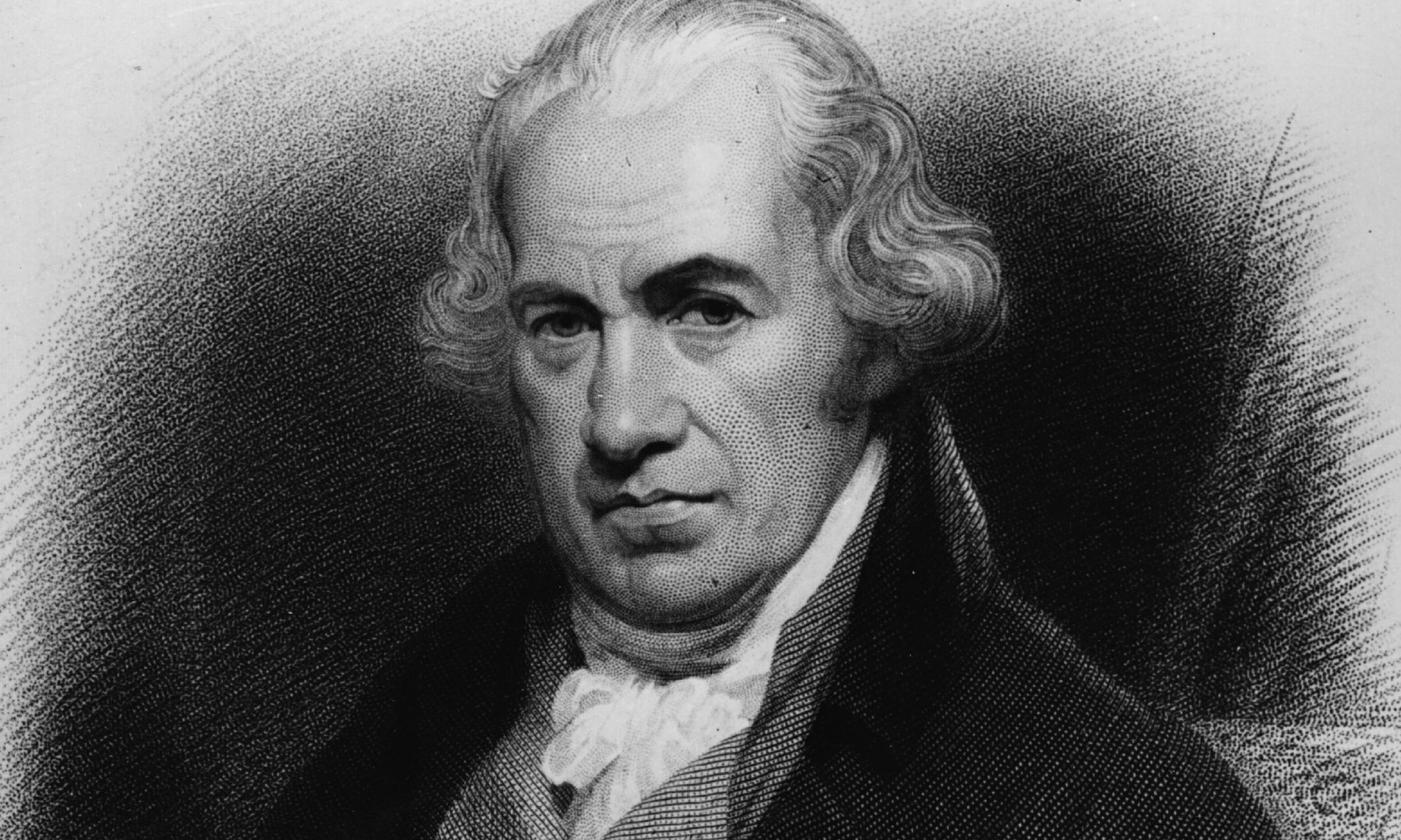Understanding Watt: The Fundamental Unit Of Power
Watt is a crucial concept in the world of physics and electrical engineering, representing the rate of energy transfer. This unit plays a significant role not only in scientific calculations but also in our daily lives, influencing how we consume energy and interact with various electrical devices. Understanding wattage can help us make informed decisions about energy use, cost-effectiveness, and environmental impact.
In this article, we will delve deep into the definition of watt, its historical context, applications in modern technology, and its importance in energy consumption. We will explore how wattage affects various aspects of our lives and provide insights into its calculation and relevance. Whether you are a student, a professional in the field, or simply curious about energy consumption, this comprehensive guide will cater to your needs.
By the end of this article, you will have a thorough understanding of what a watt is, how it functions, and why it is significant in today’s energy-driven world. So, let’s power up our knowledge and explore the fascinating world of watts!
Table of Contents
- 1. Definition of Watt
- 2. Historical Context of Watt
- 3. Applications of Watt in Modern Technology
- 4. Watt and Energy Consumption
- 5. How to Calculate Wattage
- 6. Wattage Compared to Other Units
- 7. The Future of Energy and Wattage
- 8. Conclusion
1. Definition of Watt
The watt (symbol: W) is the SI unit of power, defined as one joule per second. It quantifies the rate at which energy is transferred or converted. In practical terms, a watt measures how much work is done over time, making it essential for understanding electrical systems.
To put it simply, if a device uses one watt of power, it means it consumes one joule of energy every second. This unit is fundamental in various fields, including electronics, mechanics, and thermodynamics.
2. Historical Context of Watt
The term "watt" is named after the Scottish engineer James Watt, who made significant contributions to the development of the steam engine in the 18th century. His innovations greatly increased the efficiency of steam engines, leading to the Industrial Revolution.
Watt’s work laid the groundwork for modern engineering and energy concepts. In 1882, the watt was officially adopted as a unit of measurement for power, and it remains a standard today.
3. Applications of Watt in Modern Technology
Wattage is integral to various technologies, including:
- Electrical Appliances: All household appliances, from light bulbs to refrigerators, have power ratings in watts, indicating their energy consumption.
- Renewable Energy: Solar panels and wind turbines are rated in watts to determine their energy output.
- Electric Vehicles: The power of electric motors in vehicles is measured in watts, influencing performance and efficiency.
3.1. Electrical Appliances
Understanding the wattage of appliances can help consumers make better choices regarding energy use and costs. For example, a 60W bulb uses less energy than a 100W bulb, impacting electricity bills.
3.2. Renewable Energy Systems
In renewable energy systems, wattage is crucial for determining the efficiency and output of solar panels and wind turbines.
4. Watt and Energy Consumption
Energy consumption is often measured in kilowatt-hours (kWh), which is derived from watts. One kilowatt equals 1,000 watts, and one kilowatt-hour represents the energy consumed by a device using one kilowatt of power for one hour. Understanding this relationship helps consumers monitor and manage their energy use effectively.
5. How to Calculate Wattage
Calculating wattage can be done using the following formula:
Power (W) = Voltage (V) × Current (A)
This equation shows that wattage is the product of voltage and current. By measuring these two variables, one can easily determine the power consumption of an electrical device.
6. Wattage Compared to Other Units
Wattage is often compared to other units of power, such as horsepower (hp) and BTU (British Thermal Unit). Here’s a brief overview:
- Horsepower: One horsepower is equivalent to approximately 746 watts.
- BTU: One BTU per hour is approximately equal to 0.293 watts.
7. The Future of Energy and Wattage
As the world shifts towards more sustainable energy practices, understanding wattage will become even more critical. Innovations in energy-efficient technologies aim to reduce overall wattage consumption, contributing to environmental sustainability.
Moreover, the integration of smart technology in homes and industries will allow for better energy management, optimizing wattage use and reducing waste.
8. Conclusion
In conclusion, the watt is a fundamental unit of power that significantly impacts our daily lives and technological advancements. Understanding wattage helps consumers make informed decisions about energy use and contributes to a more sustainable future.
We encourage you to share your thoughts on this topic, leave a comment, or explore further articles to expand your knowledge on energy consumption and efficiency!
Thank you for reading, and we look forward to seeing you back on our site for more insightful content!
Shia LaBeouf: The Journey Of A Versatile Actor And Artist
Anil Kapoor: The Versatile Icon Of Indian Cinema
Griselda Blanco Joven: A Look Into The Early Life And Photos Of The Notorious Drug Queen


:max_bytes(150000):strip_icc()/GettyImages-176563991-79dca641eb1945799b867ed58d8a6d1f.jpg)